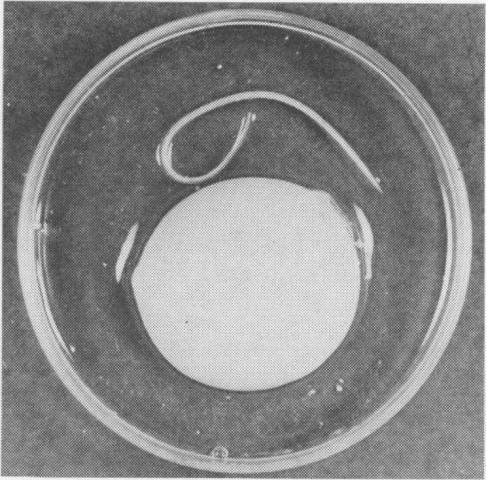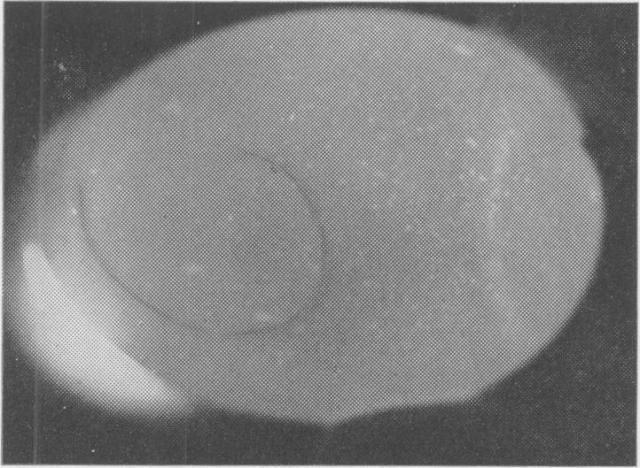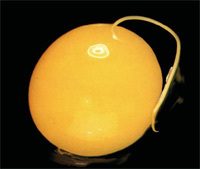I've dealt with E Coli. Just because the bird you had necropsied had E Coli doesnt necessarily mean that your others have E Coli (as a problem.) As I stated before and others have mentioned, worms open the door for other problems. After you worm your birds; give them buttermilk (probiotic) mixed with scrambled egg (extra protein) and poultry nutri drench mixed in their water. The buttermilk coats their digestive tract and is absorbed whereas yogurt has a tendency to pass through them. The buttermilk will help the good bacteria in the gut flora, rebuilding the immune systems. The extra protein in the scrambled egg will help build their strength up. Poultry nutri drench restores all the necessary vitamins and minerals that your chickens need to fight back the E Coli. It's normal to have E Coli in their system. It's when it gets out of control, caused by stressor(s), that it becomes a problem. If it becomes a bad problem, neomycin and/or baytril may be necessary to add to the probiotic mixtures.
Last edited:









